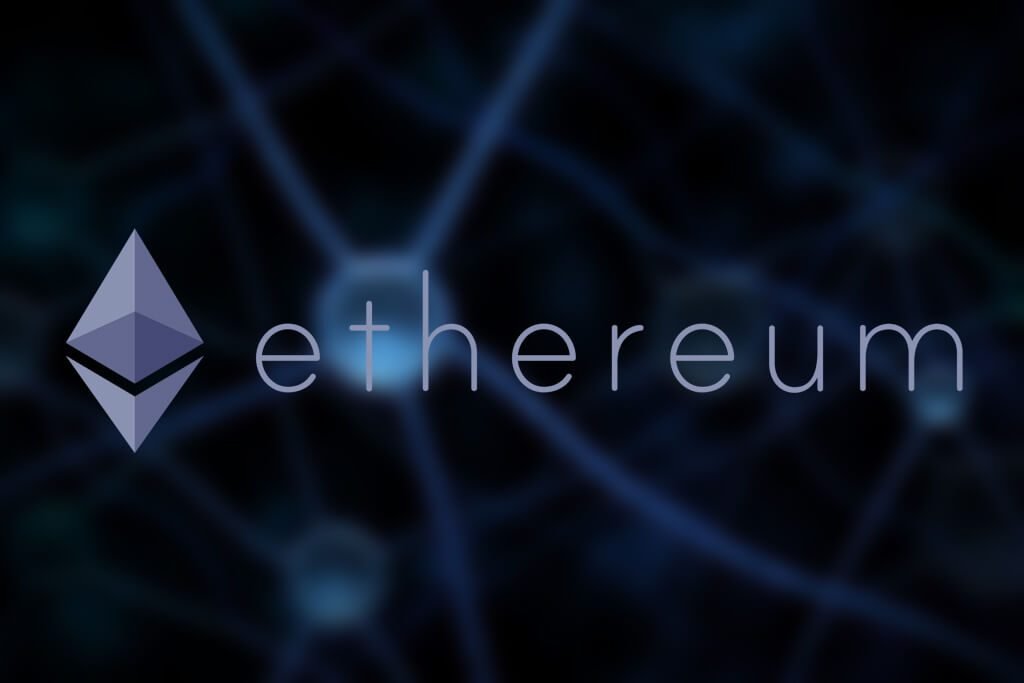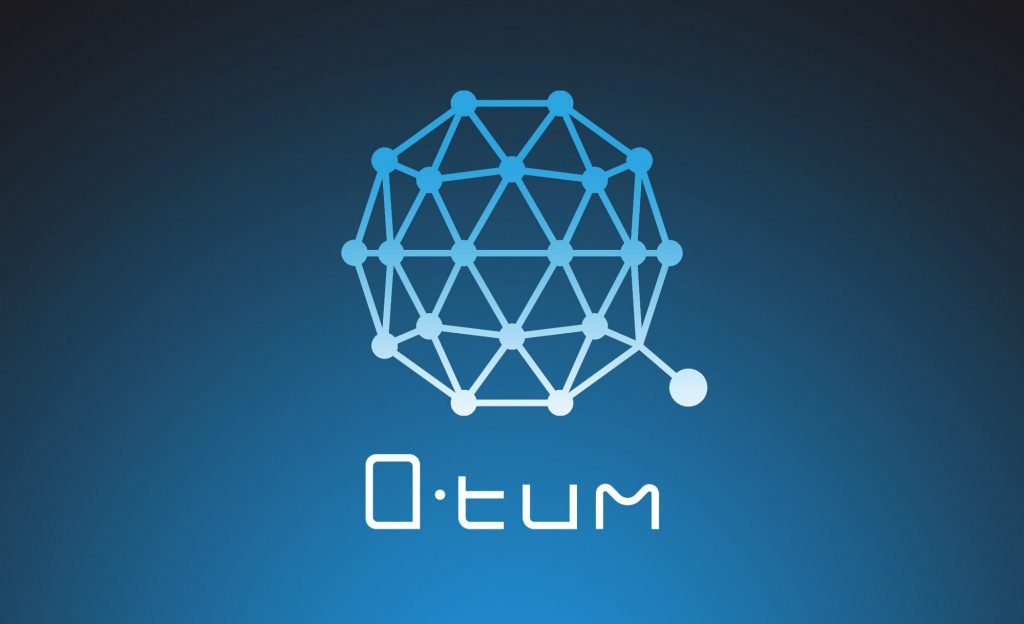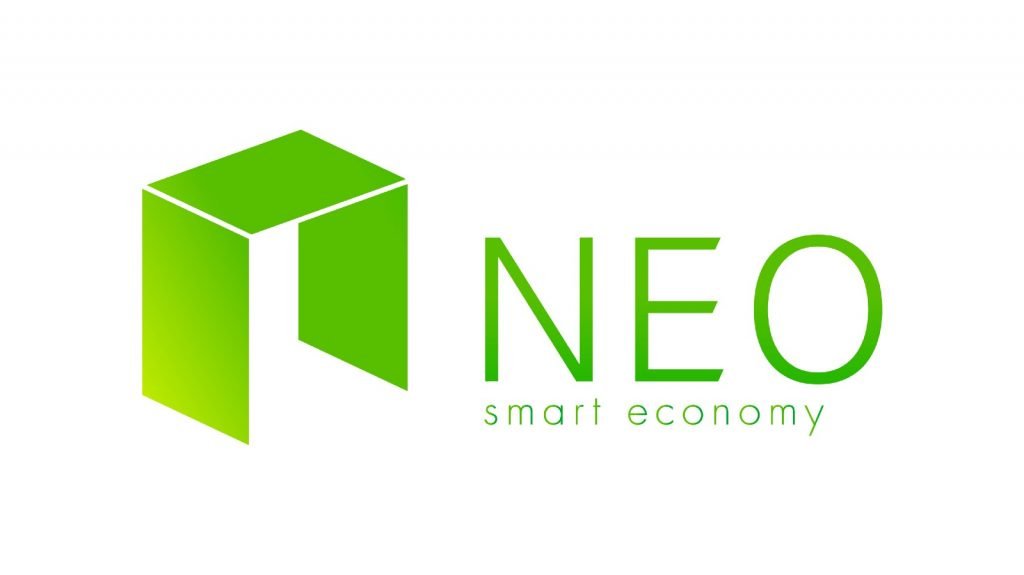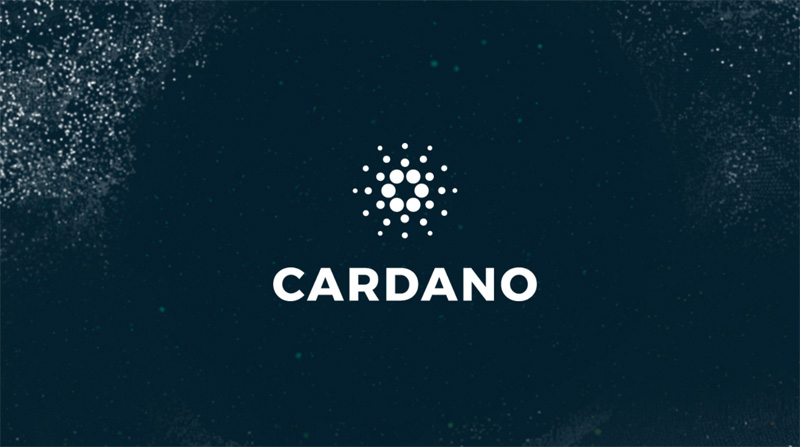The advent of blockchain technology and cryptocurrency has more than defined how we can apply innovation in our financial institutions, various companies and virtually every sphere of life. Every other day, a startup comes up with one more idea on how to apply blockchain’s nascent technology. Among the many ways that companies have sought to utilize the distributed ledger technology is Smart Contracts.
What’s a smart contract?
A smart contract is simply a self-executing contractual agreement. It involves the use of programmed computer codes to complete an agreement once certain conditions have been met or triggered.
A common example used to illustrate the concept involves the workings of a vending machine. Look at it this way, the machine has been loaded with Coke. But for you to get the Coke, you need to insert some coins. That’s the pre-set condition: once fulfilled, the contract self-executes.
Here, then, are 6 interesting smart contract cryptocurrencies 2018 and beyond.
Ethereum
Ethereum needs no introduction as a leading smart contract cryptocurrency. It is second only to Bitcoin and thus well-known in crypto circles. However, this open-source blockchain platform deserves to be on the list of interesting coins that focus on smart contracts. Already, Ethereum boosts the largest pool of developers and has hosted several successful ICOs, some of which feature on this list. As we speak, Ethereum is in the process of shifting from a proof of work algorithm to the proof of stake mechanism. There are also a number of protocol upgrades to help it scale.
The Ethereum Virtual Machine (EVM) is where smart contracts are coded on the platform. It utilizes Solidity to code the agreements in a Turing-complete ecosystem. Ether (ETH) is used as the “gas” that fuels all transactions on the network.
CREDITS (CS)
CREDITS (CS) is an open-source blockchain cryptocurrency that completed its ICO on 28 February 2018. One defining feature of CREDITS is that it has autonomous smart contracts, an aspect that fundamentally differentiates it from every other blockchain.
Currently, in Alpha version, the platform’s roadmap indicates that the Beta version will be released this March. The CREDITS (CS) tokens are available for buying on various exchanges after they were unlocked on 2nd March 2018.
CREDITS markets itself as the first blockchain system that is completely autonomous. It is designed to provide services that utilize self-executing smart contracts. It will also offer blockchain systems with a public data registry. Here is a good guide to understanding this coin.
What’s unique to CREDITS? This platform features an extended API with Turing capabilities. With it, companies and individuals can create services with the help of built-in cycles and schedules. Speed is fundamental to the CREDITS platform as the network can handle up to 1,000,000 tx per second.
On this front alone; it beats Ethereum’s 300 transactions per second. Some of the areas it can be applied include payments and financial institutions, Internet of Things (IoT), gambling, and gaming. It will be interesting to see how this platform works once the mainnet is released in June.
QTUM
QTUM is one of the most interesting cryptocurrencies with a focus on smart contracts. It’s unique in the sense that it is some sort of a “hybrid” coin. The developers of QTUM took the strengths in both Bitcoin and Ethereum and used them to build this cryptocurrency.
What they ended up with is a platform that consists of Bitcoin Core’s blockchain capabilities and Ethereum’s Smart contracts functionality. To achieve this, QTUM incorporated something called an Abstract Accounting Layer (AAL). It is via this layer that the coin employs its x86 Virtual Machine.
The x86 VM helps QTUM’s network to avoid scaling problems, much like Bitcoin wants to do with the implementation of Segregated Witness (SegWit) and the fancied Lightning network. This crypto targets to have all business applications hosted on its network. For its relatively short life, it has already proved a hit with developers. The easy coding protocols and a second layer storage could prove instrumental for QTUM.
NEO
NEO is yet another interesting cryptocurrency that provides a platform for smart contracts. NEO is an open-source blockchain cryptocurrency in the mold of Ethereum. It is often referred to as China’s Ethereum for its similarity to the second most popular coin. Just like it’s more illustrious and smart contract counterpart Ethereum, NEO offers opportunities to build decentralized applications and smart contracts. It also allows the hosting of tokens for initial coin offerings (ICOs).
One unique feature of NEO is its use of the decentralized Byzantine Fault Tolerant (dFBT) consensus algorithm. Though criticized by some, this consensus mechanism is a little more energy-efficient than Ethereum’s proof of work/proof of stake mechanism. Transaction-wise therefore, it is much faster than Ethereum. It can handle up to 10,000tx/s. However, perhaps the biggest pull it could have is the variety of coding languages it offers to developers. You can choose from JavaScript, C#, Python and Go.
Cardano
Cardano is an open-source blockchain cryptocurrency that focuses on smart contracts. It is the first blockchain platform to be peer-reviewed. It was also built from scratch, using the formidable Haskell coding language. Though Cardano’s protocol is similar in some way to Ethereum, it differs slightly due to its Ouroboros mechanism. It is, therefore, better in terms of scalability, transaction cost, and speed.
Cardano allows for the development of decentralized applications and smart contracts through its various layers. The platform’s multi-layer protocol allows for advanced functionalities. There is a settlement layer that uses its ADA coin for transactions, while the control layer runs smart contracts. The Cardano network focuses on security, compliance and identity/privacy of users.
The Cardano Foundation, the IOHK Company, and Emurgo are the three bodies that oversee the Cardano project. The aim is to make the platform the most secure and scalable network for dApps and smart contracts.
Stellar
Stellar is a cryptocurrency that also allows for the creation and execution of smart contracts. It uses the federated Byzantine algorithm to secure its network. Unlike the Ethereum network or any of the other coins on this list, Stellar’s approach to smart contracts is quite unique. First, there is no set coding language for smart contracts.
The Stellar Smart Contracts (SSC) is basically a collection of transactions that are uniquely connected. The batches of transactions are then executed when various constraints are removed. To achieve the SSC, the platform allows a number of capabilities. They include:
– The use of Multisig- transactions can only be executed if the signatures party to the agreement are availed and accepted.
-Atomicity- where transactions are batched and a trigger for it to pass or fail is set,
The platform also allows for the issuing of tokens which are then immediately availed for exchange on the Stellar Decentralized Exchange (SDEX).
Final thought
Blockchain and cryptocurrency are still in the early stages of development. As such, we might yet be able to see the emergence of a new and more interesting coin that focuses on smart contracts. For now, the five coins above are likely to give Ethereum some sort of competition.





